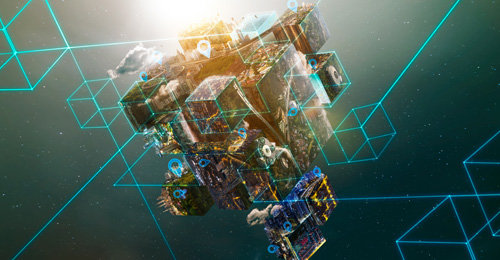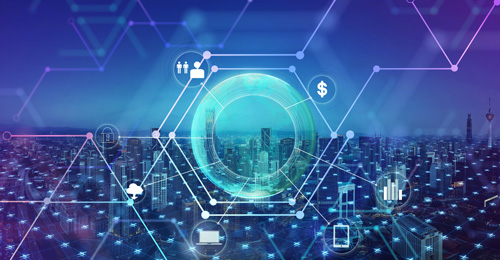ABOUT
ABOUT

THIS YEAR'S THEME
THIS YEAR'S THEME

The age of the polycrisis : A way to coexistence
We live in an age of confrontation where we distinguish and exclude those different from us.
The international order is more openly imposing on us to be on one side or the other. It lines up under the interests and names of the factions. The options to bear political and economic disadvantages are becoming more frequent.
The competition for supremacy between the US and China (G2) goes beyond rhetoric, and they are clashing harder and more often. There is a diagnosis that globalization, which we were familiar with before, has ended due to the escalating conflict between the two power axes. The world has been split into smaller regional blocs that operate by excluding forces that are not on our side. The Cold War that we experienced in the 20th century is being summoned again in the 21st century.
The reorganization of the world order, intertwined with confrontation and exclusion, is already costing a great deal. The COVID-19 pandemic has further fragmented and weakened the framework for cooperation. Supply chain reorganization is experiencing confusion due to heightened distrust and conflict. The division between political and military conflict lines has deepened even further since the Russia-Ukraine War. For impoverished nations and people, one of the consequences—energy inflation—is bringing even more outrage and disappointment.
The world facing multiple crises is divided into opposing groups, hindering efforts to respond to crises globally and trapping us in a vicious cycle that makes the problem worse.
Confrontations in various parts of the world are intertwined with cracks within communities in each country. Distrust and conflict between generations, social classes, and political groups are increasing. The division and exclusion are further solidified by confirmation bias and fanaticism.

The hatred and exclusion that do not recognize the other side only emphasize the values of their own faction and power. They often harshly exclude minorities within the community, threatening even the values of democracy.
The reality is that politics, which should seek integration, is fueling hatred to further solidify its own camp. They are leading the charge in turning their opponents into enemies by denying and distrusting rather than engaging in dialogue and compromise.
The tendency to not recognize other political factions and groups is not just limited to our country but is also prevalent in various parts of the world. Even warning signs that the democratic political system is in crisis can be heard. It is a characteristic of so-called antagonistic democracy that thinks and acts that destroying the opponent sitting across from you is seen as the path to increasing one's own interests rather than engaging them in dialogue and compromise.

Inequality and the climate crisis, which are common tasks of mankind, are getting worse and worse, but we have been unable to unite and respond to these challenges. Division and exclusion constrain the pursuit of the common good and undermine the sustainability of our communities. Rather than suppressing groups and factions with different thoughts and interests, we should learn to coexist with them.
Fortunately, there are continuous efforts that have sprung from reflection and attempt from below to restore democracy. These are actions that seek to find a way for coexistence by recognizing the vulnerabilities of each other based on trust. Internationally, there is an increasing voice to "take action now" (Yuval Noah Harari) based on cooperation to address existential crises such as climate change.
Time is running short. The first step in seeking coexistence is the effort to accept them as part of us. Without solidarity, there is no future for either capitalism or democracy.
The Asia Future Forum, hosted by Hankyoreh Media, is a place to share these concerns and find answers together.
